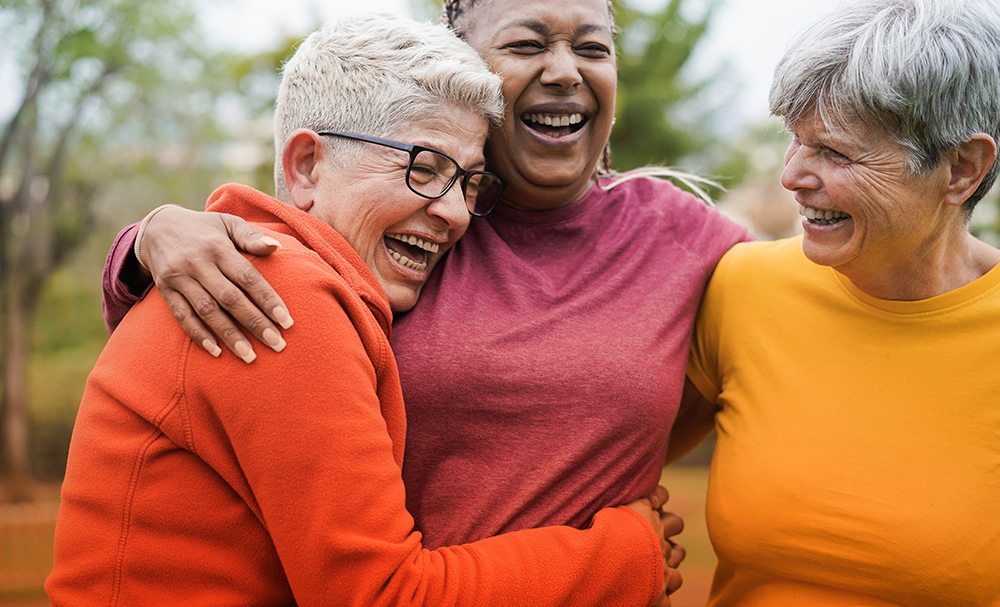Issue 76: Optimism

THE LEAP
BY QUANTUM ORANGE
GROW, EXPAND & EVOLVE
ISSUE 76 | OPTIMISM
Each week The (Quantum) Leap summarises a key aspect of success into what you need to Think, Feel and Do to create a personal shift.
I find, when you're an optimist, life has a funny way of looking after you.
~ Simon Sinek
THINK
Learned optimism is a concept from positive psychology’s founder, Martin Seligman, which argues we can cultivate a positive perspective. With a more joyful outlook on life, he explains, we’re in a much better position to enhance our wellbeing.
Using learned optimism, we can change our attitude and behaviours by recognising and challenging our negative thoughts and self-talk. Optimism is not a fixed trait - it is a skill. It’s all about how we choose to see things.
For example, when Quantum Orange’s Founder Paul was engaged by the ACT Government to counsel survivors from the Canberra bushfires, he found some people were so shattered by the losses they sustained they found it difficult to perceive the future could bring anything positive, while others experienced the same emotional turmoil and then chose to find a positive opportunity (like taking a career in a new direction) to focus on. Clearly, in this instance, some people were more optimistic than others, even though they had all been through very similar circumstances.
Optimism is essentially a mindset - the way we shape our thoughts and choose to attend to them impacts how positively we can meet any difficulties that come our way.
Think of a negative incident that recently happened to you and reflect on the following questions:
- Was the incident the result of your inability or external factors?
- Did the incident make you feel like more negative things will happen to you or did it feel like a one time occurrence?
- Did you think more bad things are coming to you in other areas of your life?
- Did you view the circumstance as a temporary setback?
Your answers will make it clear to you whether you tend to have a negative or positive outlook. Embracing optimism doesn’t make you immune to stress or worry, but it does teach you to see what’s going wrong and remain hopeful something positive is still to come.
FEEL
Being optimistic does not mean feeling happy all the time, it simply means accepting that both negative and positive feelings are a natural part of life. When you appreciate all things that happen, your resilience will increase dramatically.
When you're optimistic, you’ll search for the potential benefits or life lessons in even the most difficult situations.
Bring to mind a negative feeling you’ve had recently about a situation occurring in your life. Look at it with a curious mindset and ask yourself:
- What needs to change here?
- Why does this feel negative?
- How can I begin taking steps in a different direction?
- What lesson can I gain from this?
- Practise naming what you’re feeling in the moment and allowing that emotion to exist without trying to change or judge it.
DO
The great thing about optimism is that it builds on itself. It might feel awkward or unnatural at first, but the more you engage in deliberate positivity the easier it is to keep that momentum going.
Here’s a few things you can do to build optimism as a skill:
1: When something doesn’t go as planned, make an effort to come up with three positive things that could come out of the situation.
2: Be physically active for at least 30 minutes a day - exercise boosts mood and reduces stress, which will enable your optimism practise. If you can’t find 30 minutes, try doing several 10 minute chunks.
These two simple practices will create a positive feedback loop where you do good, you feel good, then you do more good and feel even better. Eventually, you’ll find being optimistic becomes second nature and positive thoughts will occur without you having to consciously work on it.




